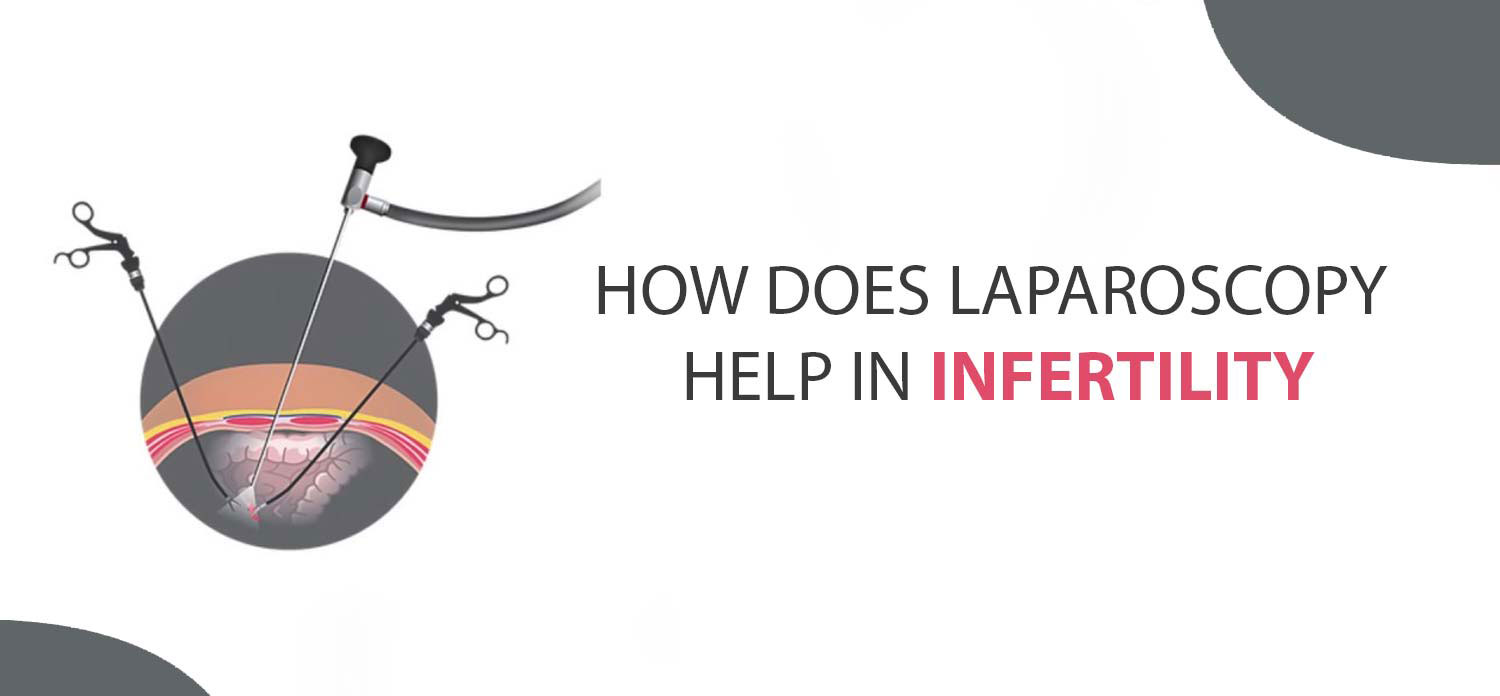Exactly what is a laparoscopy?
Infertility can be diagnosed and treated via laparoscopy, an invasive procedure. Two to three incisions may be made in your abdomen as part of this surgical procedure. A laparoscope, a surgical instrument with a camera and light attached, is utilized in this procedure. This aids the doctor in figuring out what's wrong and taking steps to remedy it. You may have to spend a few days in the hospital if your doctor decides to make larger incisions during the surgery.
For infertility, how might laparoscopy help?
Fertility issues are when you've been trying to conceive for a long time but haven't been able to. You and your spouse should see your doctor and have a health check-up to ensure you're both in good health. You'll be able to catch any issues before they get out of hand. Infertility can be treated in various methods by doctors, one of which is laparoscopy, which can increase your chances of becoming pregnant. Keyhole surgery and laparoscopy are both terms used to describe the same procedure.
Exactly when would a laparoscopy be a wise medical decision?
Infertility therapy does not always begin with a laparoscopy. Other kinds of infertility treatment may have failed, and your doctor may have tried this one as a last resort. Infertility doctors may recommend a diagnostic laparoscopy for a variety of reasons, including the following:
• Ectopic pregnancy, if confirmed by your doctor, is a life-threatening condition.
• If your doctor suspects that you have pelvic adhesions or PID.
• Your doctor can diagnose moderate or severe endometriosis.
• If you endure pain or discomfort when having a sexual relationship with another person.
• During your menstrual cycle, if you are experiencing extreme discomfort and cramping.
For infertility, what are the advantages of laparoscopy?
• Laparoscopy is the only way to diagnose some types of infertility.
• It allows the doctor to get a good look inside your abdomen to see if any problems could be causing your infertility.
• When it comes to fertility, laparoscopy may be able to help you get pregnant naturally or through other infertility treatment choices.
• For one thing, it alleviates pelvic pain and discomfort.
• Endometrial deposits, scar tissue, and fibroids can all be removed.
• It's less intrusive than open surgery, which means less pain, less blood loss, smaller incisions, and a quicker recovery.
Conclusion
If you're having problems getting pregnant, laparoscopy is a safe procedure to consider. Afterward, your doctor will go over your possibilities of naturally becoming pregnant and any other alternatives.


